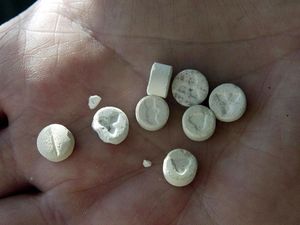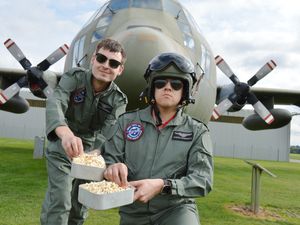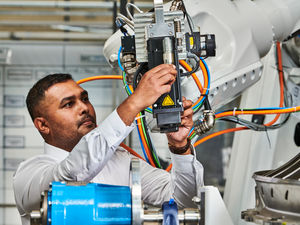Ecstasy chemical helps people co-operate without making them gullible
A study has found that the effects of MDMA do not cause a person to lose sight of who can and cannot be trusted.

A chemical responsible for the “loved-up” effects of ecstasy promotes co-operation but not gullibility, research suggests.
Scientists found that MDMA, the drug’s main active ingredient, brought people together – but only when they trusted one another.
For the study, 20 adult men were either given a typical recreational dose of MDMA or a dummy pill and asked to complete several tasks.
One task, a game called the Prisoner’s Dilemma, involved choosing either to co-operate or compete with another player.
Points were awarded for co-operation, but if one player chose to compete, his or her opponent received nothing.

The experiment showed that under the influence of MDMA, participants became more co-operative – but only when interacting with players they could trust.
Lead researcher Professor Mitul Mehta, from the Institute of Psychiatry at King’s College London, said: “We asked people what they thought of their opponent and, surprisingly, MDMA did not alter how trustworthy they thought the other players were.
“Untrustworthy players were rated as low on the scale, whether on MDMA or placebo, and trustworthy players were given equally high ratings.
“Importantly, MDMA did not cause participants to co-operate with untrustworthy players any more than normal. In other words, MDMA did not make participants naively trusting of others.”
Although the volunteers thought they were playing real people through a computer, in fact they were being asked to respond to a programme designed to appear trustworthy or untrustworthy.
Dr Anthony Gabay, a member of the King’s College team now at Oxford University, said: “When trustworthy players betrayed the participants the breach in trust had an equally negative impact whether participants were under the influence of MDMA or not.
“However, MDMA led to a quicker recovery of co-operative behaviour and this tendency to rebuild a relationship led to higher overall levels of co-operation with trustworthy partners.”
Magnetic resonance imaging (MRI) scans were carried out as the game was being played.
They showed that MDMA increased activity in the parts of the brain known to be involved in understanding the thoughts, beliefs and intentions of other people.
When processing the behaviour of trustworthy players, MDMA increased activity in the right anterior insula region.
But activity in the same region decreased when the brain was processing the behaviour of untrustworthy players.
The right anterior insula is important for the integration of appraisals, risk and uncertainty, said the researchers writing in the Journal of Neuroscience.
Prof Mehta added: “Understanding the brain activity underlying social behaviour could help identify what goes wrong in psychiatric conditions.
“Given the social nature of psychotherapy, understanding how MDMA affects social interaction sheds light on why the drug could become a valuable tool in treating patients.”





